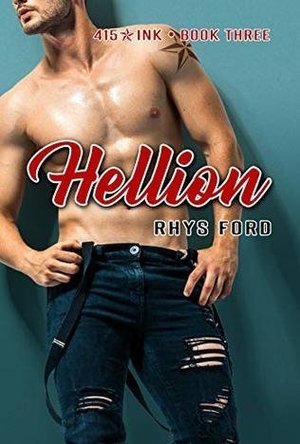
Hellion (415 Ink #3)
Book
From the moment SFPD Detective Ruan Nicholls meets Ivo Rogers, he knows the tattoo artist is going...
MM Contemporary Romance

Tell Me It's Real (At First Sight, #1)
Book
Do you believe in love at first sight? Paul Auster doesn't. Paul doesn't believe in much at all....
mm romance gay romance lgbtq romance
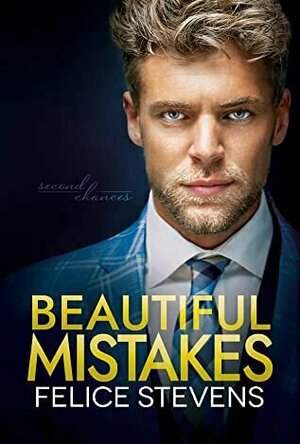
Beautiful Mistakes (Second Chances #3)
Book
The other side of loathing might be lust ... Or love ... Wolf Desire: What Wolf struggles...
Contemporary MM Romance
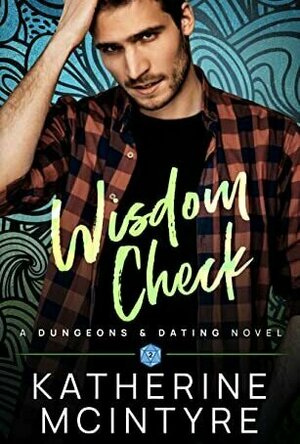
Wisdom Check (Dungeons and Dating #2)
Book
Julian’s boss is newly single, ridiculously hot, and looking his way. He’s so screwed. Cal...
Contemporary MM Romance
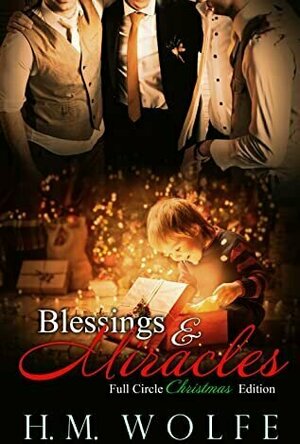
Blessings and Miracles (Full Circle #3.5)
Book
It is that time of the year again... With her niece Willa and her nephews' Sebastian and Fabian's...
Contemporary MM Romance Seasonal
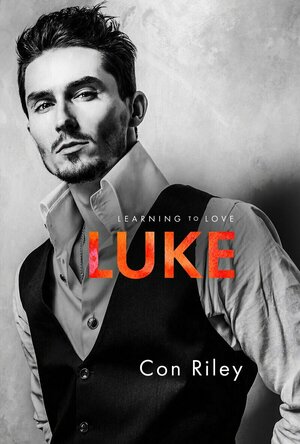
Luke (Learning to Love #3)
Book
Can Luke learn to love the man who left him? Headmaster Luke Lawson is committed to saving his...
Contemporary MM Romance Trigger Warning: Non-explicit mentions of childhood anxieties.
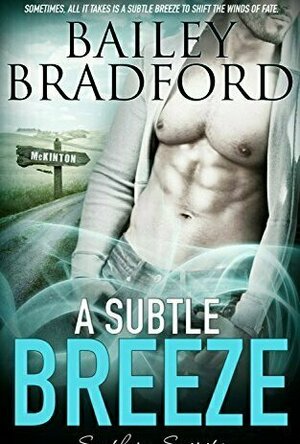
A Subtle Breeze (Southern Spirits #1)
Book
Ezekiel Matthers and Brendon Shanahan are about to find out that sometimes all it takes is a subtle...
MM Paranormal Romance
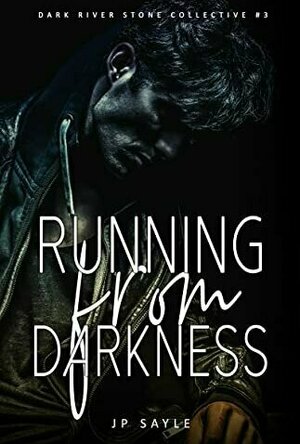
Running From Darkness (Dark River Stone Collective #3)
Book
Conall is on the run. Kyle wants someone who will want him for who he is. Can they find what they...
Contemporary MM Romance

Dexterity Check (Dungeons and Dating #5)
Book
Eli’s sworn off irresponsible flirts, and Arjun’s one of the worst—aggravating, provoking, and...
Contemporary MM Romance Series

Snowbody Loves Me (Christmas Falls #2)
Book
They say there’s no place like home for the holidays... But that isn’t true when snowbody loves...
Contemporary MM Seasonal Romance